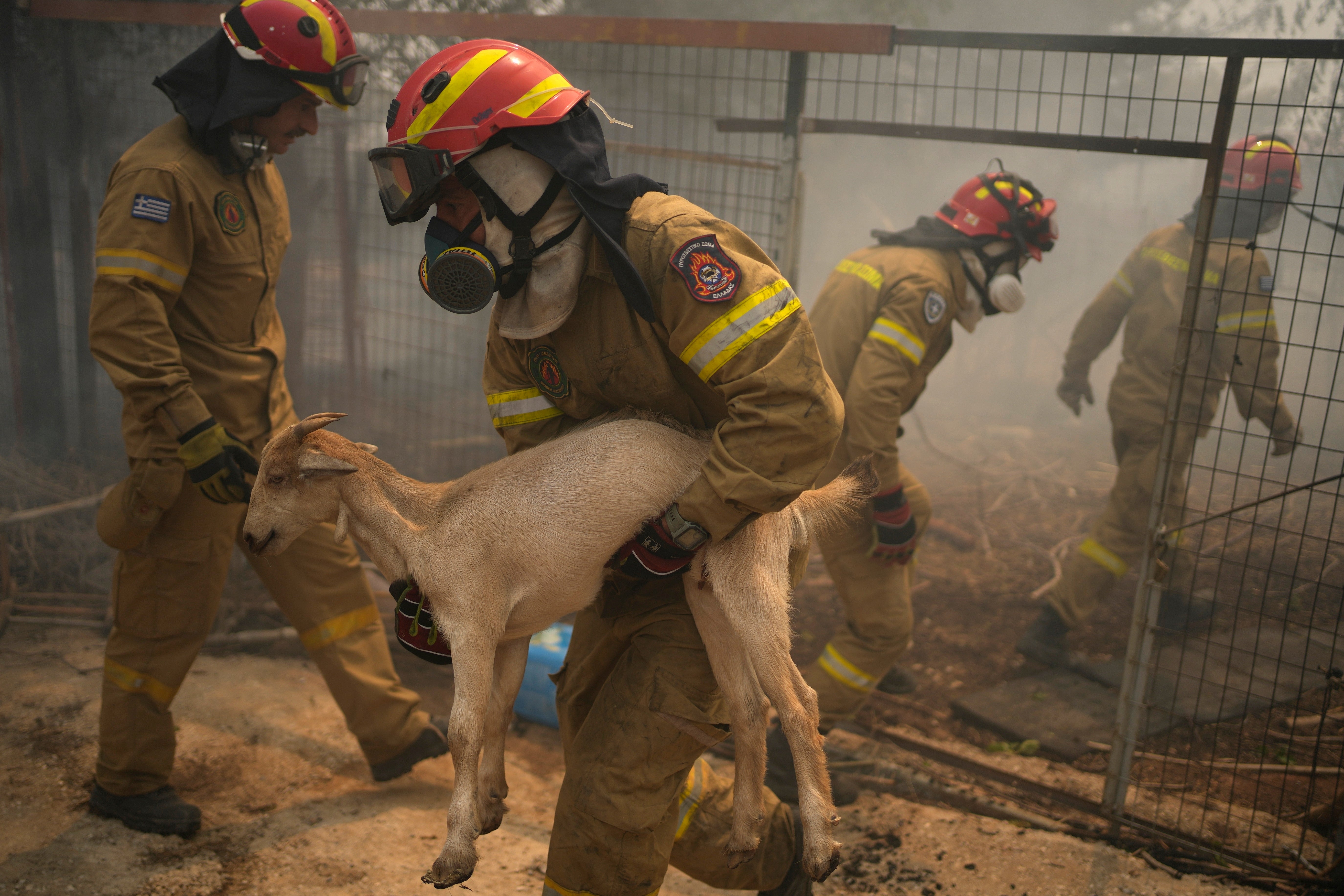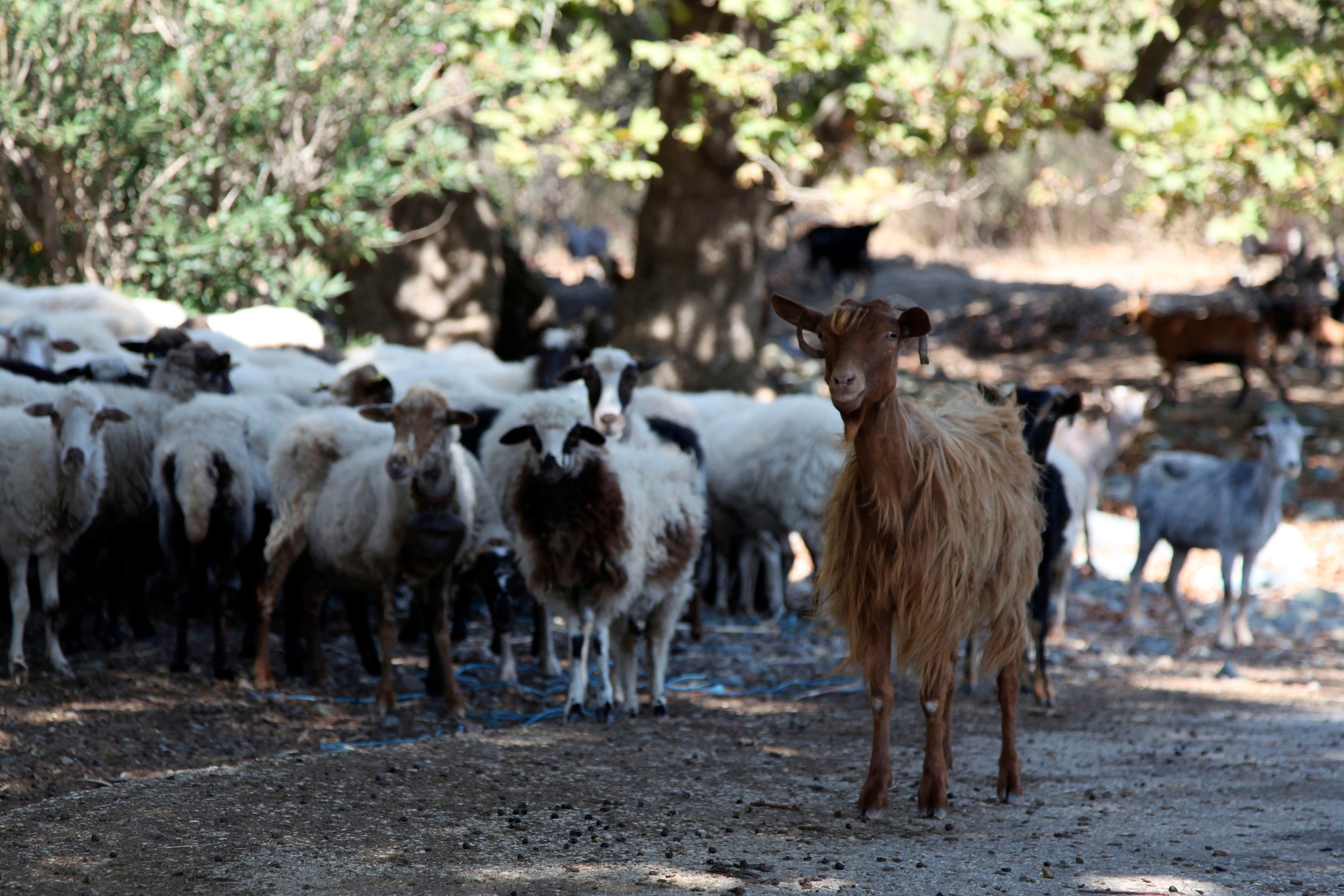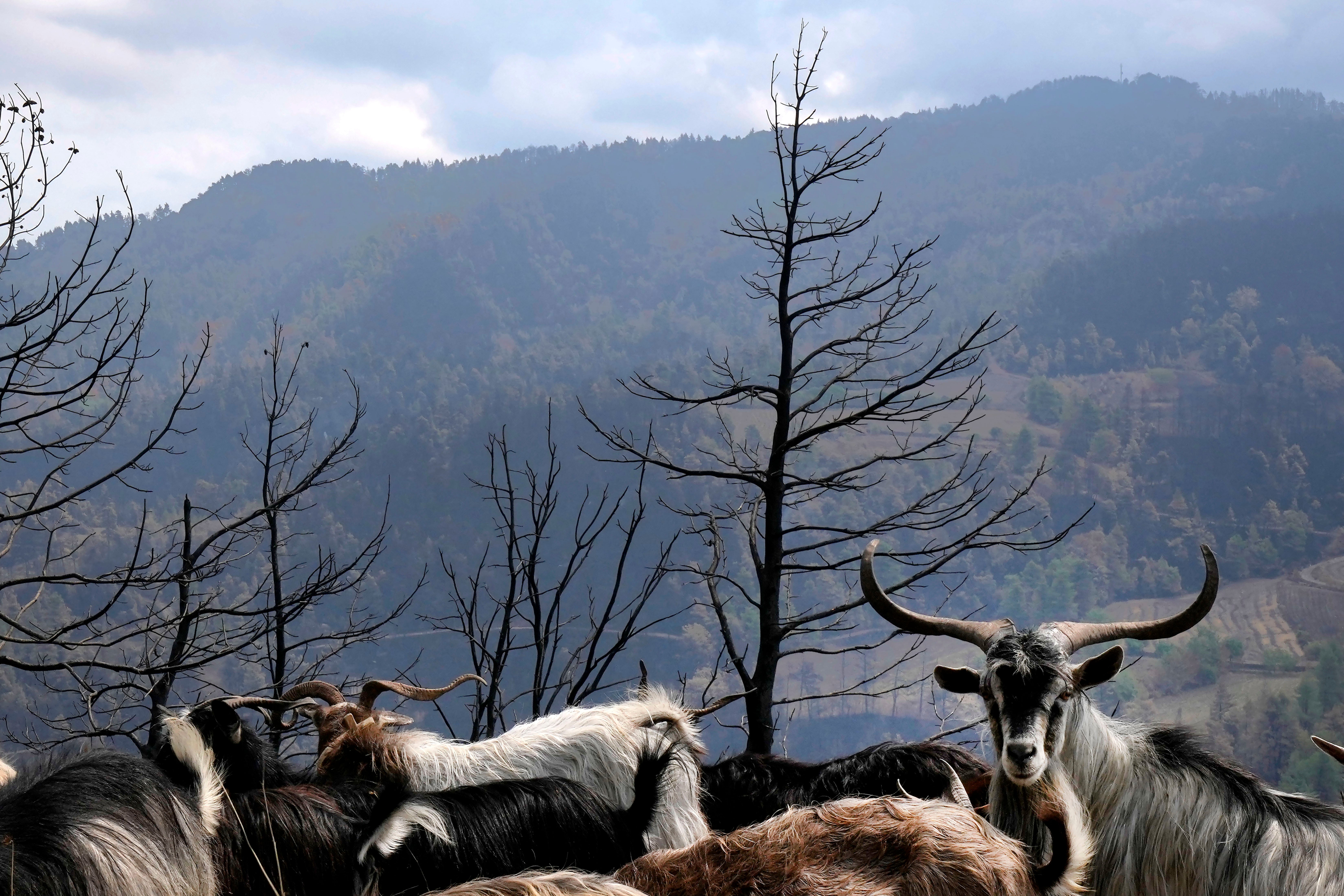Greece is tackling a blistering heatwave – a goat plague is the last thing it needs
PPR was first described in Ivory Coast in 1942 and has since spread across Africa, Europe and Asia

Goat plague is the last thing Ioanna Karra needs.
The Greek farmer lost nearly all her livestock and equipment in devastating flooding last year and now, as the deadly virus spreads across Greek farms, she must buy expensive disinfectant to keep her remaining animals safe.
“We cannot bear the slightest damage for a second year in a row,” Karra told Reuters from her dairy farm in the village of Zilefti in the Thessaly region of central Greece.
Goat plague, also known as Peste des Petits Ruminants (PPR), was detected last month for the first time in Greece. The virus does not infect humans, but is highly contagious among goats and sheep and can kill up to 70% of those infected.
Once a case is detected, the entire flock is culled, the affected farm is disinfected and authorities test animals in nearby areas for the disease, in line with protocols set by the European Union.

The government this week imposed a temporary ban on the movement or slaughter of sheep and goats. Twenty-two farms have been infected, mostly in the centre of the country, 12,000 animals have been culled and more than 300,000 tested.
While the numbers are not yet devastating, they worry farmers across Greece who are already battling the effects of climate change including blistering heat and erratic rainfall.
Karra and her husband Thanasis Zouzoulas have no recorded cases of the disease. But they have to disinfect trucks that come to load milk on their farm. The ban on movements means they cannot buy more animals to bulk up their flock, although they are allowed to sell the milk.
Karra said they have become much stricter with hygiene security measures.
The virus comes as the couple still struggles with the consequences of record September storms that flooded about 35,000 acres in Thessaly plain, which accounts for 25% of Greece‘s agricultural produce and 5% of Greece‘s GDP. Some 30,000 farmers were impacted across the province.

Karra and Zouzoulas lost 750 of their 800 animals and have only begun to restock. They say the virus came in to Greece because veterinary clinics are understaffed and do not make the necessary checks on imported animals.
“We were talking about a possible crisis before the crisis,” Karra said.
PPR was first described in Ivory Coast in 1942 and has since spread across Africa, Europe and Asia. The United Nation’s Food and Agriculture Organization estimates that the disease results in losses of up to $2.1 billion globally each year.
Georgios Stratakos, a senior agriculture ministry official, said that the virus was imported but does not know where from yet. He said the ban will last until Sunday and be re-evaluated.
The government is looking into compensation for those that lost livestock in the culling or were affected by the ban, he said.
“It is definitely a big blow, but the government...will stand by these people.”
Join our commenting forum
Join thought-provoking conversations, follow other Independent readers and see their replies
Comments
Bookmark popover
Removed from bookmarks